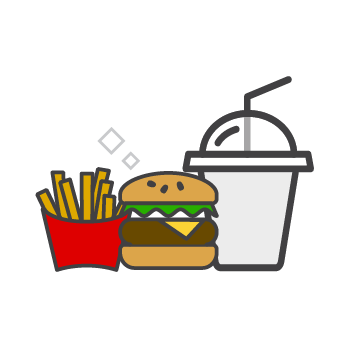Here’s How to Take Better Care of Your Kidneys
by Carolyn Lee Mar 7, 2022

Our kidneys perform several crucial functions in our bodies that help maintain overall health and well-being. Healthy kidneys allow our bodies to filter and expel waste properly, among other benefits.
We are looking at habits that harm our kidneys and how to take better care of them.
Habits that harm our kidneys
- Painkillers. Nonsteroidal anti-inflammatory drugs (NSAIDs) like naproxen sodium, ibuprofen, and ketoprofen may decrease kidney function.
- Processed foods. Most processed foods are high in sodium and phosphorus. High phosphorus intake from processed foods may harm our kidneys and bones.
- Not drinking enough water. Failing to drink enough water may result in painful kidney stones.
- Inadequate sleep. Our sleep-wake cycle helps coordinate our kidneys workload over 24 hours.
- Heavy drinking of alcohol can lead to chronic kidney disease. This risk is higher for persons who smoke and drink regularly.
Kidney care tips

- Drink a lot of fluids. Drinking enough water can help clear sodium and toxins from your kidneys.
- Pay attention to your blood pressure. Ask your doctor what the best blood pressure target is for you, and work on keeping it at that target.
- Eat a healthy diet, cut back on salty foods, and monitor your weight.
- If you are at high risk, get your kidney function tested. People with high blood pressure, cardiovascular disease, or diabetes should get a kidney function screening done as part of the routine for taking care of those conditions.
- Stop smoking. Smoking can damage blood vessels and decrease blood flow to the kidneys.
- Stay active. Regular exercise can improve heart health and reduce blood pressure. Being active may prevent kidney damage and lower the risk of chronic kidney disease.
- Control your blood sugar levels. Diabetes, or a condition that causes high blood sugar, can lead to kidney damage. If your cells cannot use the glucose (sugar) in your blood, your kidneys work harder, and this could result in life-threatening harm.
Changes or damage to our kidneys may cause them to fail. Persons who experience kidney failure must undergo dialysis several times during the week. If the damage to your kidney is significant, you may need a kidney transplant.
To find a nephrologist or related services near you, search our Find Yello listings.








